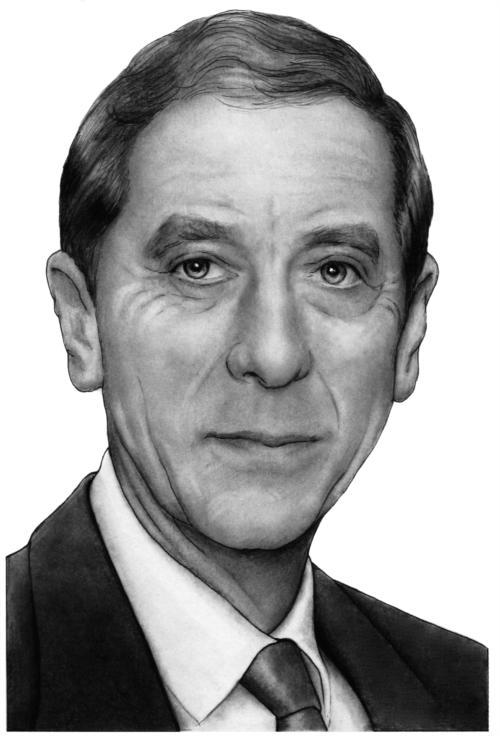Enzymes are complex proteins that catalyze specific chemical reactions. As an enzymologist by training, Jeremy R. Knowles was one of the world’s greatest experts on these reactions, but even outside the lab, as an administrator, Knowles had a knack for catalyzing change.
With the death of Knowles, the Faculty of Arts and Sciences has lost one of its great professors and administrators. Knowles served as the Dean of FAS for nearly 12 years. After his battle with cancer, it is with sadness that we look upon his death, but with a strong appreciation that we regard his tenure at Harvard. With a commitment to students, a willingness to undertake large-scale projects, and an unwavering and reemerging devotion to the University, Knowles was truly a man of Harvard who will be remembered fondly by many.
When he stepped into office in 1991, Knowles was the first scientist to serve as Dean of FAS. At the start of his deanship, Knowles was faced with a faculty that was running $12 million deficits. He managed to bring it back to solvency while aggressively expanding space for the Faculty and students, including the opening of the Barker Center for the Humanities and the renovations of Memorial Hall after a fire destroyed large parts of the building. Knowles also spearheaded the massive renovation of first-year dorms in the Old Yard, improving a crucial part of freshman life at Harvard.
After leading FAS from 1991 until 2002, Knowles stepped down as Dean and returned to pure academia. But when his successor—William C. Kirby—was forced out of office in 2006, Knowles’s dedication to the Faculty was proven when he returned to University Hall in 2006 for one year as the interim Dean of FAS. Even though he already had been diagnosed with cancer, Knowles returned at a time when the University needed him and has since then (and until very recently) been a reassuring presence at faculty events and University gatherings.
Knowles’s tenure as Dean of FAS certainly did not escape from controversy. While we have criticized some of his decisions—particularly during his interim deanship—he ultimately kept the best interests of the Faculty in mind and his tenure was a boon for all the University’s departments and constituencies.
Knowles’ knowledge, dedication and wit make him one of the towering figures of recent Harvard history. We hope present and future leaders keep his example in mind as Harvard moves into its newest era of expansion.
Read more in Opinion
Five Reasons for Reason and Faith













